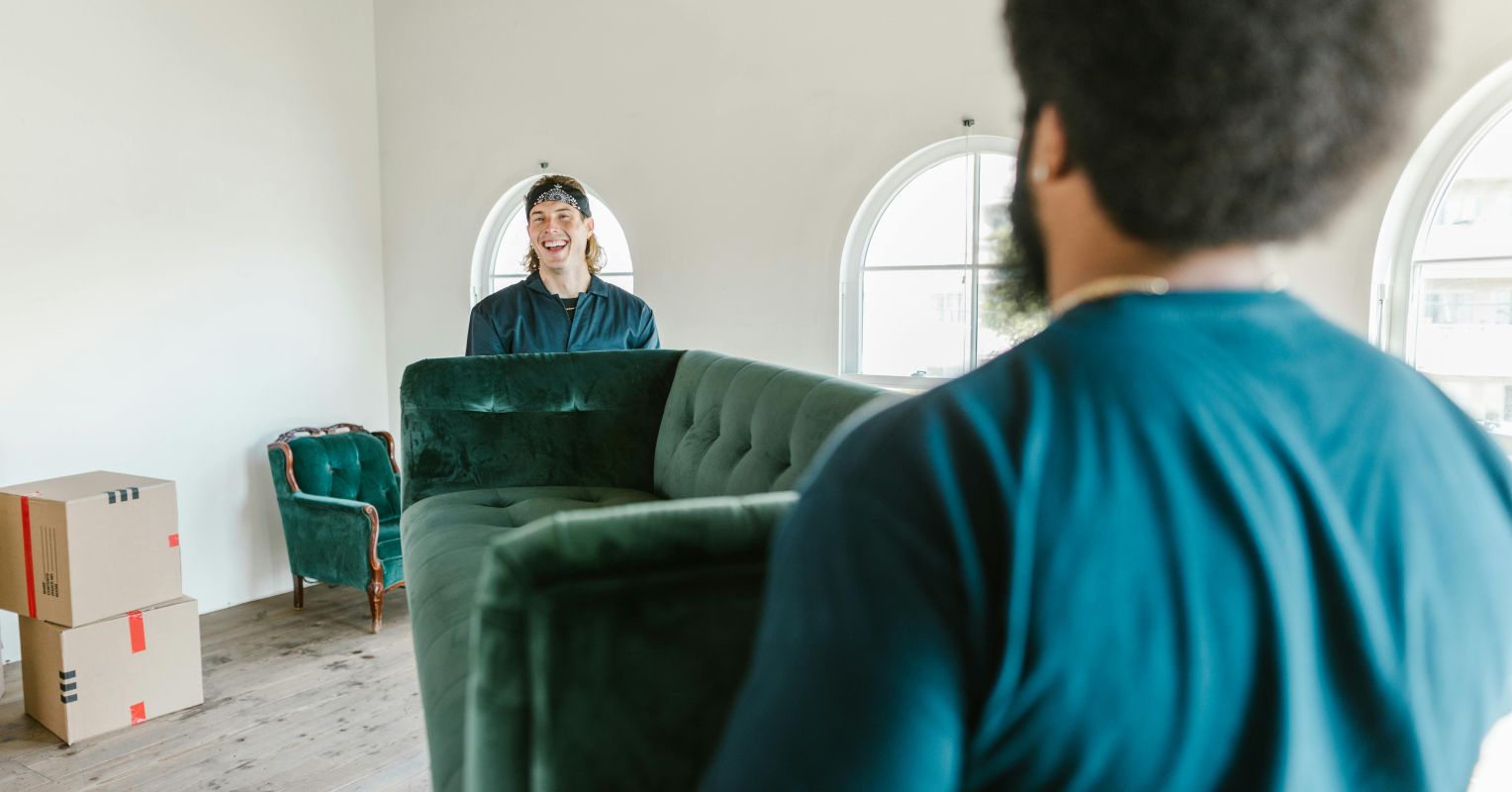
You’ve probably never thought of yourself as greedy.
But here’s a strange question: When you scroll through your contacts, do you see people—or do you see possibilities?
Who can get me that gig? Who knows a therapist? Who won’t flinch when I ask for a favor at 2 a.m.?
New research by Karlijn Hoyer, Marcel Zeelenberg, and Seger Breugelmans suggests that some of us—especially those who always want more—might be approaching friendship with a little too much strategy. And it’s costing us something big: real connection.
The Kind of Greed That Doesn’t Look Like Greed
We usually picture greed as money-hoarding or being power-hungry. But these researchers looked at something a little different: dispositional greed—a trait that shows up as a constant itch for more.
Not just more stuff. More status. More access. More everything.
For people high in this trait, it’s not about wanting too much. It’s about never quite feeling like what you have is ever enough. Even when it is.
And when that mindset shows up in your social life, things get weird.
Hoyer and colleagues found that people higher in dispositional greed are more likely to treat their relationships like tools. They value people for what they offer rather than who they are.
They also tend to report feeling lonelier, and in some cases, less close or satisfied with the people around them.
Turns out, that drive that might work in a boardroom…but it doesn’t feel so great in the group chat.
Friends or Functional Assets?
Greedier people often approach social life like a series of transactions:
Can this person help me? Are they still useful? Should I move on?
That mindset isn’t inherently cruel. It can even be strategic. Forming alliances with high-value individuals is adaptive. In fact, people high in greed tend to make more “rational” choices in economic settings, prioritizing outcomes over feelings.
But in everyday human relationships, utility isn’t enough. The more you treat people as stepping stones, the less emotionally grounded those relationships become.
So when you start seeing people as tools, you shouldn’t be surprised when your friendships start feeling like IKEA instructions: technically there, but something’s definitely missing.
Why You Can Feel Surrounded and Still Feel Alone
Loneliness isn’t just about the number of people in your life. It’s about the quality of those relationships.
Loneliness is what happens when your social world is missing something—whether it feels too small or too shallow. Hoyer’s research suggests that when you view others through a greedy, instrumental lens, that “shallowness” creeps in.
You can have a calendar full of people and still feel like nobody’s really in the room with you.
What Kind of Friend Do You Want to Be?
Interestingly, greedy people don’t always have fewer friends. However, they do seem to want different things from them. Less ride-or-die, more “can you help me move this couch?”
The researchers found that people higher in dispositional greed placed less value on things like “reliable alliance” (i.e., loyalty and showing up). Emotional support and closeness weren’t completely ignored, but stability just didn’t carry as much weight.
That shift might help explain why some relationships feel less secure even when they’re technically still there.
Hopefully, this feels intuitive: It’s not just about how many people are around you. It’s about whether you can ugly-cry in front of them and still get a text asking how you’re doing the next day.
Sometimes More Leaves You With Less
There’s nothing wrong with ambition. But when your friendships start to feel like transactions, even you might start to feel replaceable.
You can collect people like vintage vinyl. That doesn’t mean they’ll play when you need them.
Greed whispers: More will make you happy.
But in relationships, that craving for more can leave you feeling like you have…less.
